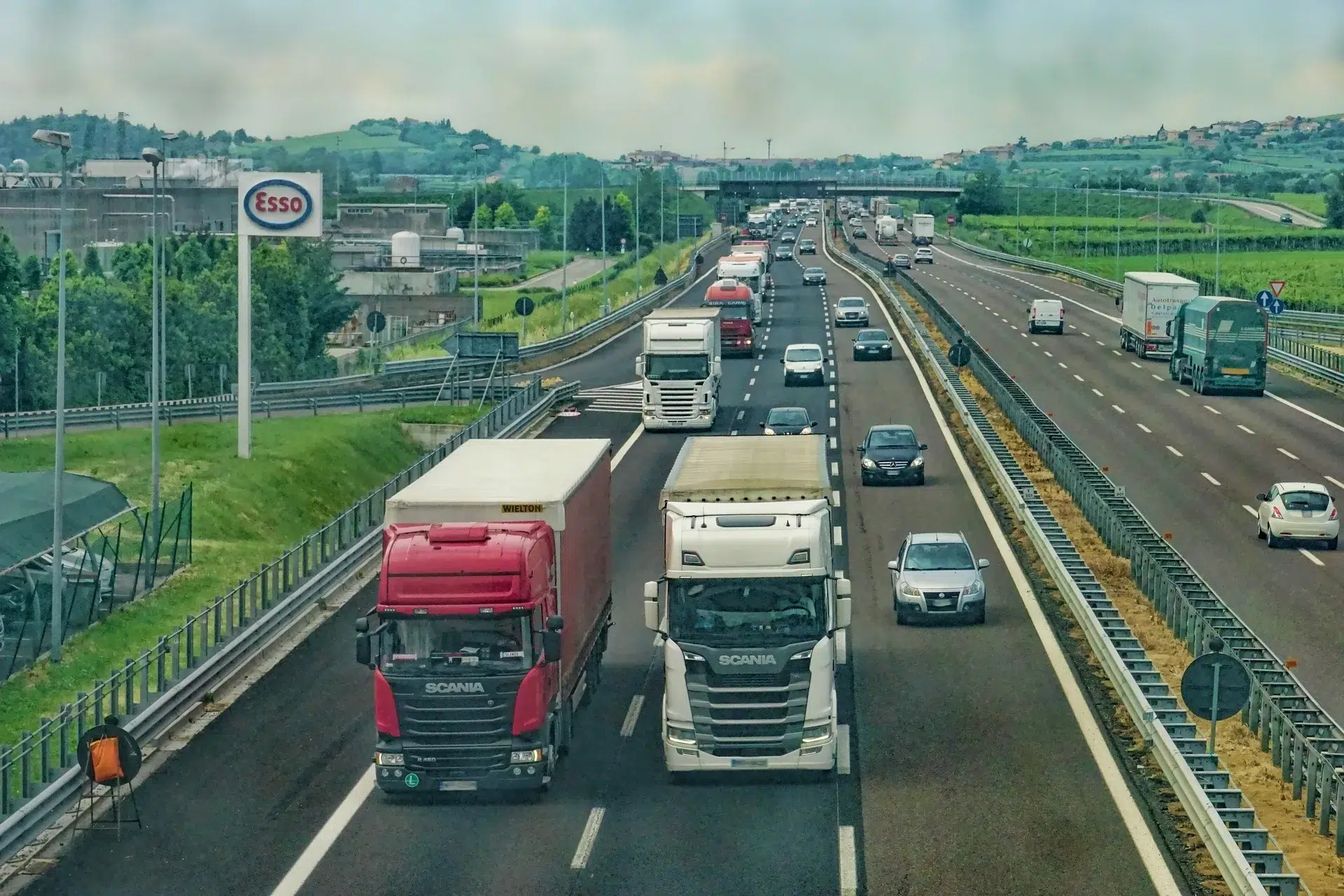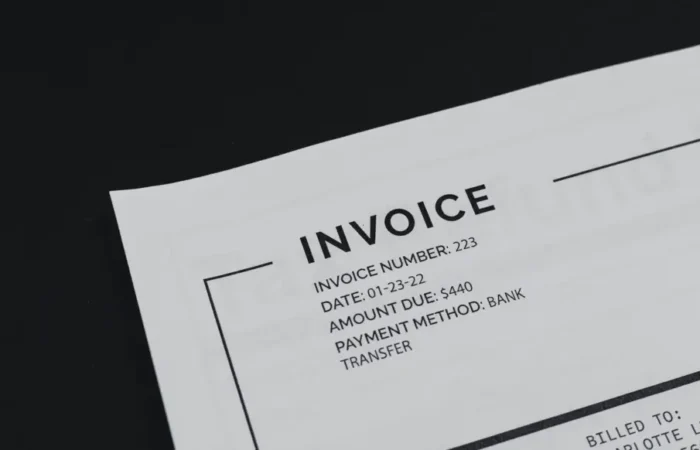On February 14th the EU launched a proposal for stronger CO2 standards for heavy-duty vehicles to help reach the EU’s commitment to reach climate neutrality by 2050.
Heavy-duty vehicles represent 1/5 of CO2 emissions
The road transport sector represents one-fifth of the EU’s greenhouse gas (GHG) emissions and is a main cause of air pollution in cities. Citizens, cities, and consumers want to move to green mobility. Yet, transport is the only sector in the EU, where emissions have continued rising in recent years. Heavy-duty vehicles (HDVs), such as trucks, city buses, and long-distance buses, are responsible for more than 25% of GHG emissions from road transport in the EU and account for over 6% of total EU GHG emissions. These emissions continue to increase, especially in freight transport. This upward curve is mainly driven by growing road transport demand, which is expected to keep increasing in the future.

Stronger CO2 standards
Therefore, stronger CO2 emission standards for heavy-duty vehicles are key to driving down CO2 emissions in the sector and improving air quality. With these new standards, the demand for fossil fuels, mostly oil products such as diesel is expected to decrease by around 2 billion barrels of oil over the period 2031 to 2050.
Moreover, stronger CO2 standards will provide benefits for transport operators and users in the form of lower fuel costs and the cost of ownership of vehicles. In addition, industrial development is changing the HDV sector rapidly. EU heavy-duty vehicle manufacturers are currently world-leading. The new standards will send a clear signal to the EU industry to invest in innovative zero-emission technologies and the roll-out of recharging and refueling infrastructure.
Wider scope
The proposal covers trucks, city buses, and long-distance buses as well as trailers (an exemption to the CO2 reduction targets will apply to some specific heavy-duty vehicles). This is an important expansion of the scope of the regulation. Under the proposal, CO2 emissions of heavy-duty vehicles would reduce on average compared to 2019 levels by 45% from 1 January 2030, 65% from 1 January 2035 and 90% from 1 January 2040 onwards. New city buses in the EU will all have to be zero emissions (100% share of zero-emission vehicles) as of 2030. It will be for manufacturers to decide which technologies they use to achieve these targets, e.g. electrification, hydrogen fuel cells or hydrogen in internal combustion vehicles.
Source: https://ec.europa.eu/commission/presscorner/detail/en/qanda_23_763
Pic: Pixabay
Stay connected and follow us on LinkedIn!




